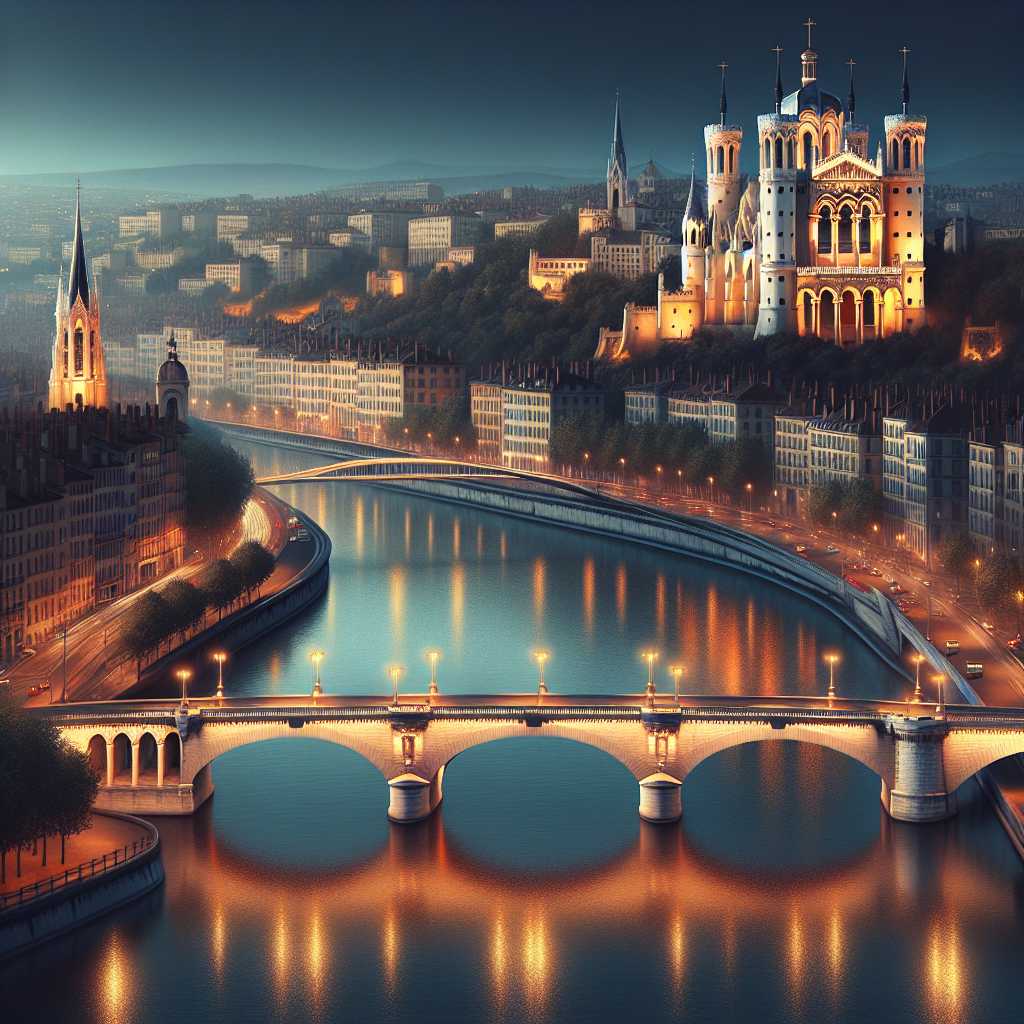Example Article
A City Rooted in History and Heritage
Lyon, often celebrated as France’s gastronomic capital, is equally remarkable for its rich historical tapestry that dates back over two millennia. Founded by the Romans in 43 BC as Lugdunum, it quickly grew into a vital commercial hub due to its strategic location at the confluence of the Rhône and Saône rivers. The city’s well-preserved Renaissance architecture in Vieux Lyon and its Roman theatres on Fourvière hill offer visitors a tangible connection to its ancient past.
Throughout the Middle Ages and the Renaissance, Lyon thrived as a centre for silk production and trade fairs, cementing its reputation as an economic powerhouse. This legacy is still visible today through the traboules—secret passageways used by silk workers—that weave through the old town. UNESCO recognised the city’s historic site in 1998, underscoring its global cultural significance.
Lyon’s ability to preserve its heritage while evolving with the times makes it a unique destination where history is not just remembered but lived. Walking through its cobbled streets is like traversing layers of time, where each corner tells stories of resilience, creativity, and transformation.
The Culinary Capital: Tradition Meets Contemporary Flair
Lyon’s culinary scene is legendary, often hailed as the birthplace of modern French cuisine. The city boasts an extraordinary concentration of Michelin-starred restaurants alongside humble bouchons—traditional eateries serving hearty Lyonnais dishes such as quenelles, andouillette, and salade lyonnaise. This duality reflects Lyon’s respect for tradition balanced with a passion for innovation.
The influence of renowned chefs like Paul Bocuse, who championed local ingredients and elevated simple recipes to haute cuisine status, still resonates throughout Lyon’s food culture. Today’s chefs build on this foundation by integrating global flavours and sustainable practices, reflecting broader shifts in gastronomy.
Moreover, Lyon’s food markets, especially Les Halles de Lyon Paul Bocuse, provide an immersive experience where locals and visitors alike can engage with artisans and producers. This vibrant market atmosphere contributes to Lyon’s identity as a city where food is both an art form and a communal celebration.
A Hub for Innovation and Sustainable Development
Beyond its historical charm and culinary fame, Lyon is rapidly emerging as a centre for innovation, particularly in biotechnology, digital technology, and sustainable urban development. The city has invested heavily in research parks such as Biopôle Clermont-Limagne and campuses dedicated to life sciences, which attract international talent and foster cutting-edge discoveries.
Urban planning initiatives in Lyon also highlight its commitment to sustainability. Projects aimed at reducing carbon emissions include expanding cycling infrastructure, revitalising green spaces like Parc de la Tête d’Or, and redeveloping former industrial zones into eco-friendly neighbourhoods. These efforts position Lyon as a model for balancing growth with environmental responsibility.
The city’s approach illustrates how tradition and modernity can coexist harmoniously—where a deep respect for cultural heritage supports progressive thinking about urban living and economic development.
Cultural Vibrancy in Contemporary Life
Lyon’s cultural scene extends well beyond its historic monuments. It hosts an array of festivals throughout the year that celebrate everything from light art to contemporary dance. The Fête des Lumières (Festival of Lights) is perhaps the most famous, illuminating the city every December with spectacular installations that draw millions of visitors worldwide.
Theatres, galleries, and music venues contribute to a dynamic artistic landscape that nurtures both local talent and international collaborations. Institutions such as the Musée des Confluences fuse science with culture by showcasing exhibitions that explore humanity’s relationship with nature and technology.
This vibrant cultural milieu enriches everyday life in Lyon, fostering community engagement and ensuring that creativity remains at the heart of the city’s evolution.
Conclusion: Lyon as a Living Mosaic of Past and Future
Lyon exemplifies a city where history is neither static nor overshadowed by progress but actively informs its present identity. Its seamless integration of ancient heritage with contemporary innovation creates a compelling narrative of continuity amidst change. Whether through its architectural marvels, culinary excellence, sustainable initiatives or cultural dynamism, Lyon offers an inspiring example of how cities can honour their origins while embracing the future.
As we look ahead to 2025 and beyond, Lyon stands poised not only to preserve its legacy but also to lead in shaping new paradigms of urban life—making it a truly exceptional destination in France and Europe.
Notes
- Lyon was designated a UNESCO World Heritage site in 1998.
- The city hosts the internationally renowned Fête des Lumières attracting over 4 million visitors annually.
- Paul Bocuse revolutionised French cuisine from his base in Lyon.
- Lyon is home to one of Europe’s largest life-science research clusters.

